

The flagship programme of The Grove’s new ‘Regulate’ model
Course overview:
Do you find it unsettling when your patients/clients become distressed or dissociated during appointments?
Would you like to develop effective skills and more confidence in managing emotional overwhelm?
Do you think your patients/clients could benefit from integrating emotional regulation techniques outside session times?
Many psychotherapists and health practitioners struggle when their clients or patients become highly distressed or anxious, or when they disengage, detach or ‘zone-out’. Our groundbreaking new ‘Regulate’ programme aims to support therapists and clinicians by providing a framework for clinical practice. Regulate’s comprehensive ‘toolkit’ of effective approaches can be taught to clients/patients, to support them in better management of their emotional worlds.
This programme will appeal to:
- Psychotherapists, counsellors, psychologists
- All medical practitioners (especially general practice and psychiatry)
- Coaches who work with executives or managers for people development
The training will cement an additional and critically important clinical skillset - which is an additional layer on top of the participant’s primary modality or scope of practice, (whatever that may be).
The Regulate programme may also be of interest to other professionals including educators, HR teams in organisations, personal trainers and other wellbeing therapists.
We believe strongly that emotional regulation is important for everyone, including practitioners themselves.
As a result, there is a strong practitioner self-care theme implicit to the training, and we will encourage participants to actively test out and integrate some of these practices into their own lives.
Theoretical underpinning and role of the vagus nerve
During the training we will explore how and why emotions become dysregulated and introduce a ‘toolkit’ of practical emotional regulation approaches to be used in clinical practice. The Grove believes that in an increasingly stressful world, our clients, and patients, with our support, can learn to nurture a heightened awareness of their mind-body system. By recognising the early features of dysregulation, they can learn to apply quick and effective techniques to better manage distress, whilst listening to the message and meaning that lies behind the emotional response.
This course introduces a new framework for thinking about and targeting emotional dysregulation.
Emotions are energetic waveforms that exist to communicate information and restore homeostasis, or balance, to the system. Emotional dysregulation, which is identifiable through characteristic presentations, usually serves as an indicator that the system is under strain. Left unchecked this strain, or ‘charge’, in the system can manifest as illness and other forms of impairment, particularly in terms of relationships, both personal and professional. Very often, particularly when dealing with unresolved trauma, the body holds the score.
The Grove’s Regulate training will provide you with a variety of approaches for assessing emotional intensity / dysregulation, as well as great ways of dealing with it.
The vagus nerve is the primary nerve in the parasympathetic nervous system (or “rest and digest” system). It is the longest nerve in the body innervating most organs, and an important target for emotional regulation interventions. Activating or stimulating the vagus nerve (and increasing ‘vagal tone’) is an evidence-based approach that functions to powerfully calm the, often dysregulated, ‘fight or flight’ system (or sympathetic nervous system). Vagal nerve-directed exercises will run as a unifying strand through the training, providing us as practitioners, as well as our clients and patients, with cutting-edge, physiologically-informed solutions to managing powerful, and often therapeutically disruptive responses.
The Regulate model
Our model targets emotional regulation via the body (including the importance of sleep and nutrition), through education and cognitive strategies, through environmental and lifestyle modification, and it also, importantly, focuses on interpersonal regulation.
The course manual, which will be closely aligned to the 6-day programme, will double as a series of worksheets/handouts/exercises you can use with clients/patients.
These tools, along with their scientific and theoretical underpinnings will be shared with participants in this interactive group-based training, through a series of experiential and practical workshops.
This 6-day CPD course is designed for professionals working in personal wellbeing, healthcare and professional development. It will equip participants with solid theory and a practical toolkit - knowledge which clinicians can transfer to their clients or patients.
We will:
- Explore the nature of emotions, and how and why they become dysregulated.
- Consider useful ways of assessing emotional intensity / dysregulation (including dissociation).
- Overview important aspects of bodily and brain functions that influence the emotional landscape, in particular the role of the autonomic nervous system and the Vagus nerve.
- Share a new framework for thinking about and targeting emotional regulation.
- Advise how to integrate these tools and techniques with clients and patients, both in the form of psychoeducation, and the application of practical interventions ‘in the moment’.
The Regulate programme will use a variety of media and learning approaches, to introduce a comprehensive toolkit for practice, through a series of expert-led workshops, centred around the following themes:
- Understanding emotions, and the importance of vagal nerve function
- Processing (or desensitising) of emotion
- Use of the breath, and the quieting of the mind
- Relaxation of the body
- Movement of the body
- Recognising and averting common cognitive (or thinking) traps
- Modification of the environment (and our sensory inputs)
- Managing time and tasks
- Managing the flow of information
- Lifestyle management: Nutrition and Sleep
- Regulating in relation to others
The Certificate will be awarded on completion of the course. This is a Certificate showing attendance of all 6 days of the training.
If fewer than 6 days are attended, the participant will be provided with an attendance letter showing CPD hours logged.
The Diploma will be awarded on completion of all 6 days of training, plus the satisfactory submission of assignments including case studies and a reflective video piece.
Time will be allowed after the completion of the taught course in order to complete the assignments. These requirements will be detailed in the course handbook.
The teaching faculty includes:
- Dr James Kustow, a leading London-based Consultant psychiatrist who specialises in emotional regulation for trauma and adult ADHD, who is the Medical director of The Grove
- Dr Phil Mollon, an internationally respected author, Psychoanalyst, Clinical Psychologist and Energy psychotherapist
- Sarah Paton Briggs and Robert Rees, trauma-informed relational psychotherapists; two further directors of The Grove
- Dr Hugh Selsick, one of the country’s leading psychiatrists specialising in sleep
- Kobus van Rensburg, Consultant Clinical Psychologist and expert in neurodiversity
- Viola Sampson, published author and leading specialist in the gut’s microbiome, and its links to nutrition
All members of our faculty are experienced and proficient educators, as well as content experts.
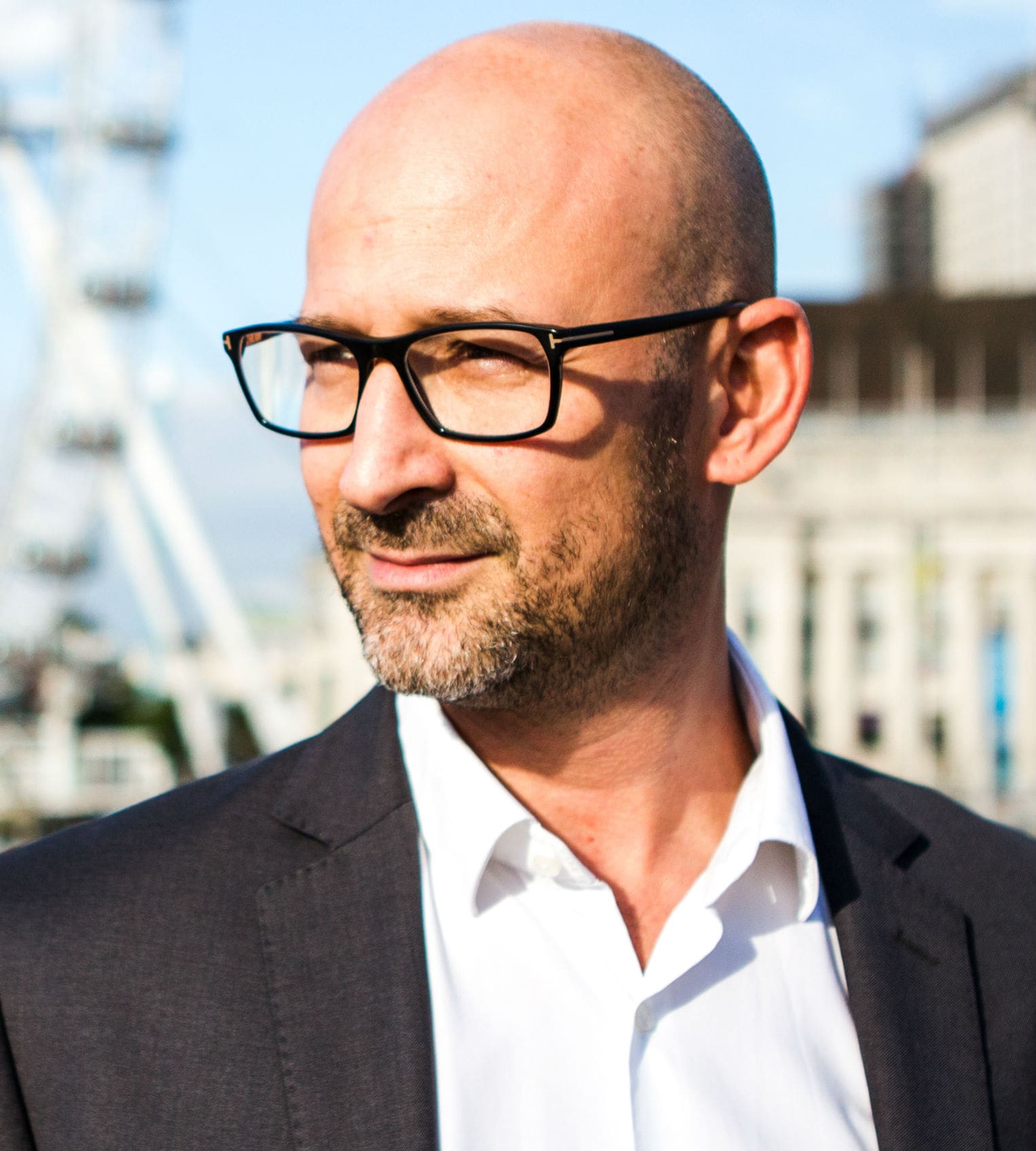
Dr James Kustow
James is Medical Director of The Grove and practises as a Consultant Psychiatrist, both in private practice and in an NHS role. James is a general adult psychiatrist with considerable experience working with the full range of mental health problems encountered in adulthood.
Much of his work centres on teaching his patients how to regulate their emotions in order to manage their inner worlds. He has founded Regulate, The Grove’s training course on emotional regulation, in collating the best technology and most effective approaches to spread the practice of these effective techniques.
As a trained integrative psychotherapist, he has an interest in, and many years of experience using, body-focussed interventions when working with emotional dysregulation and psychological trauma. Amongst other approaches he is trained in hypnotherapy (Diploma), EMDR (Adv) and EFT (Adv). James has also done some basic training in nutrition, believing this to be critical for optimal mental wellbeing.
James is a respected clinician both within and outside the NHS. One of his main areas of specialist expertise is Adult ADHD. He works in one of the very few London-based specialist Adult ADHD services in the NHS. He is on the Executive Board of UKAAN (the main professional organisation for Adult ADHD in the UK) and is UKAAN’s Training Programme Director. The comprehensive training programme UKAAN offers is highly regarded in the UK and further afield.
James studied medicine in Nottingham and trained in psychiatry with the South London and Maudsley NHS Foundation Trust (Guys and St Thomas’ hospitals) and at St Mary’s Hospital.

Sarah Paton Briggs
Sarah Paton Briggs is a Director of The Grove, where she has held a management role for over 10 years producing its programme of training courses. In producing this emotional regulation CPD course, she has collated a highly-effective toolkit of emotional management techniques. Sarah is one of the tutors on this course.
Whether applying these approaches to trauma therapy, or to supervision, Sarah regularly draws on this toolkit which often brings huge symptomatic relief for clients. She believes in a multi-faceted approach to wellbeing, made accessible for clients in a way that is easy to absorb. By recognising the wisdom of emotion, mind, and body signals, Sarah believes that greater wellbeing comes from emotional regulation.
Sarah is a supervisor accredited by BACP and also by COSRT. She brings to her supervision practice the engaging and relational approach deployed with her clients. As an accredited psychotherapist, psychosexual & relationship therapist, drug & alcohol counsellor, executive coach, Sarah has a wealth of experience working with adult clients, either as individuals or couples, or in organisations.

Robert Rees
Robert Rees is a UKCP-Accredited psychotherapist, qualified Executive Coach, and a Director of The Grove Practice. He leads The Grove’s organisational practice where mental health is a central aim. In organisational settings, he shows clients how managing their emotional expression delivers improved team cohesion and enhanced performance.
He also brings to bear his emotional regulation expertise for trauma therapy clients, where emotional disturbance can be a disruptive symptom. He is skilled in teaching his therapy clients how to gain more poise and balance through gaining insight into their emotional responses.
Robert is one of the tutors on The Grove’s emotional regulation training.
He has worked with a broad range of companies using therapeutic practice in industries such as consumer healthcare and beauty, technology, media and finance. He is an advocate for good mental health practices in the workplace. He is committed to helping companies improve their recognition and delivery of management practices that promote good mental health. He has led a team in a FTSE 100 company and worked for 20 years in the financial industry.
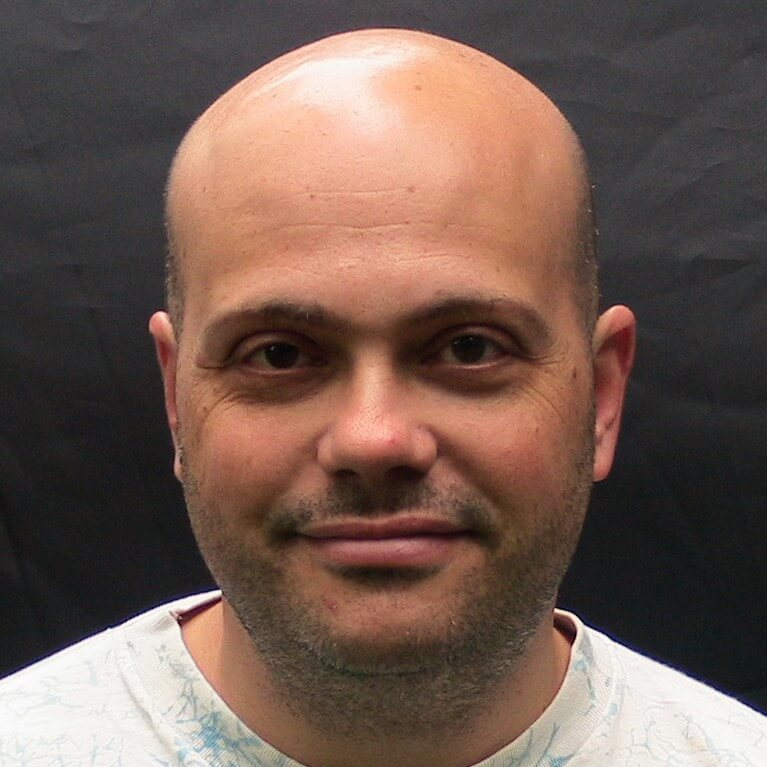
Dr Hugh Selsick
Dr Hugh Selsick is an expert in sleep management and teaches on this subject in relation to supporting emotional resilience.
Dr Selsick obtained a BSc and BSc Honours in Physiology before studying Medicine at the University of the Witwatersrand, Johannesburg. On moving to the United Kingdom, he specialised in Adult Psychiatry and Addictions Psychiatry at the Maudsley and the North London training schemes.
He established the Insomnia and Behavioural Sleep Medicine Clinic at the Royal London Hospital for Integrated Medicine/University College London Hospitals, the first of its kind in the UK, and is the lead clinician there. The clinic specialises in the treatment of insomnia, circadian rhythm disorders, nightmares and related conditions. He also works as a consultant in the Sleep Disorders Centre at Guy’s and St Thomas’ Hospital. He founded and chairs the Sleep Special Interest Group in the Royal College of Psychiatrists and is past president of the Sleep Medicine Section at the Royal Society of Medicine.
His special interest is the relationship between sleep disorders and psychiatric disorders. He is co-author of Oxford Case Histories in Sleep Medicine (2015) and editor of Sleep Disorders in Psychiatric Patients: A Practical Guide (2018). He has also contributed to numerous textbooks on sleep and psychiatry. He has lectured and taught widely on sleep medicine in mental health and runs training courses on general sleep medicine, sleep and mental health, and cognitive behaviour therapy for insomnia.
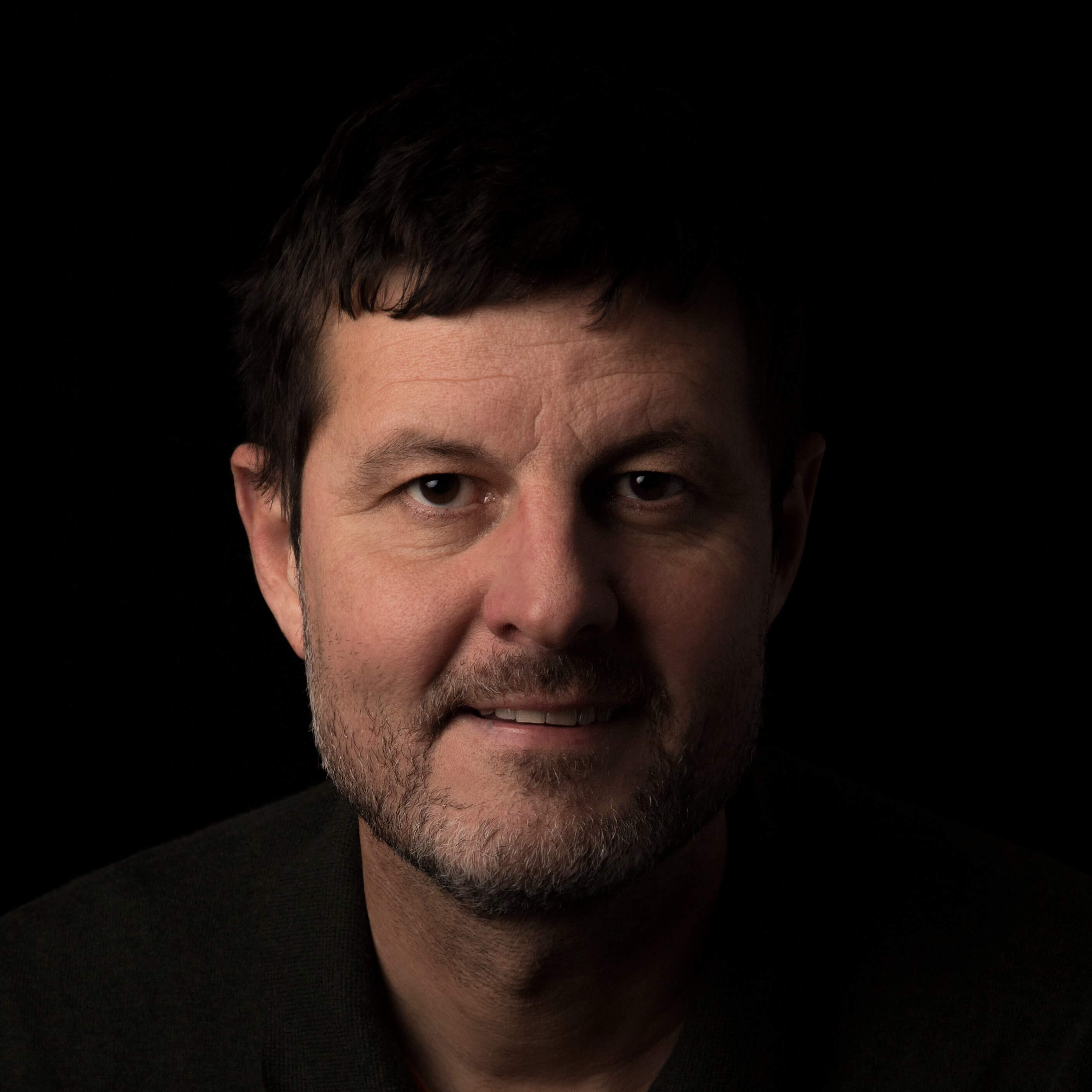
Kobus van Rensburg
In this course, Kobus will be teaching in two topic areas related to emotional regulation: 1) cognitive approaches for regulating emotional affect, 2) regulation in home and work life (time and task management, decluttering etc). He brings a wealth of knowledge to this topic area, given his extensive experience in the field of neurodiversity, where issues with emotional dysregulation are extremely common.
Kobus van Rensburg is a Consultant Clinical Psychologist with more than 29 years’ experience in the field of neurodevelopmental conditions. He is the Team Leader of the Adult ADHD and Asperger’s Team in Northamptonshire which he established in 2003 as one of the first community teams of its kind in the UK.
He is President of UKAAN (the UK Adult ADHD Network), the main professional organisation for adult ADHD. He is also a member of the training team, and delivers highly respected training on the diagnosis and assessment of adult ADHD training to delegates from across the world. He also designed and delivers the psychosocial support and skills training for Adult ADHD course through UKAAN, which has been running since 2019. Kobus has presented at numerous national and international conferences across Europe on the diagnosis and treatment of developmental conditions, the Language of ADHD and establishing services for adults with ADHD and Asperger’s Syndrome. He was a member of the Department of Health’s External Reference Group for the Adult Autism Strategy, and provides teaching for doctoral students at the Oxford Institute of Clinical Psychology and students studying for a Doctorate in Clinical Psychology at Leicester University.
Kobus has a particular interest in trying to understand what lies “behind” ADHD symptoms: why people with ADHD seem to struggle more than others to focus or relax; how they seem to have a different concept of time; and how these features relate to challenges regulating emotions.
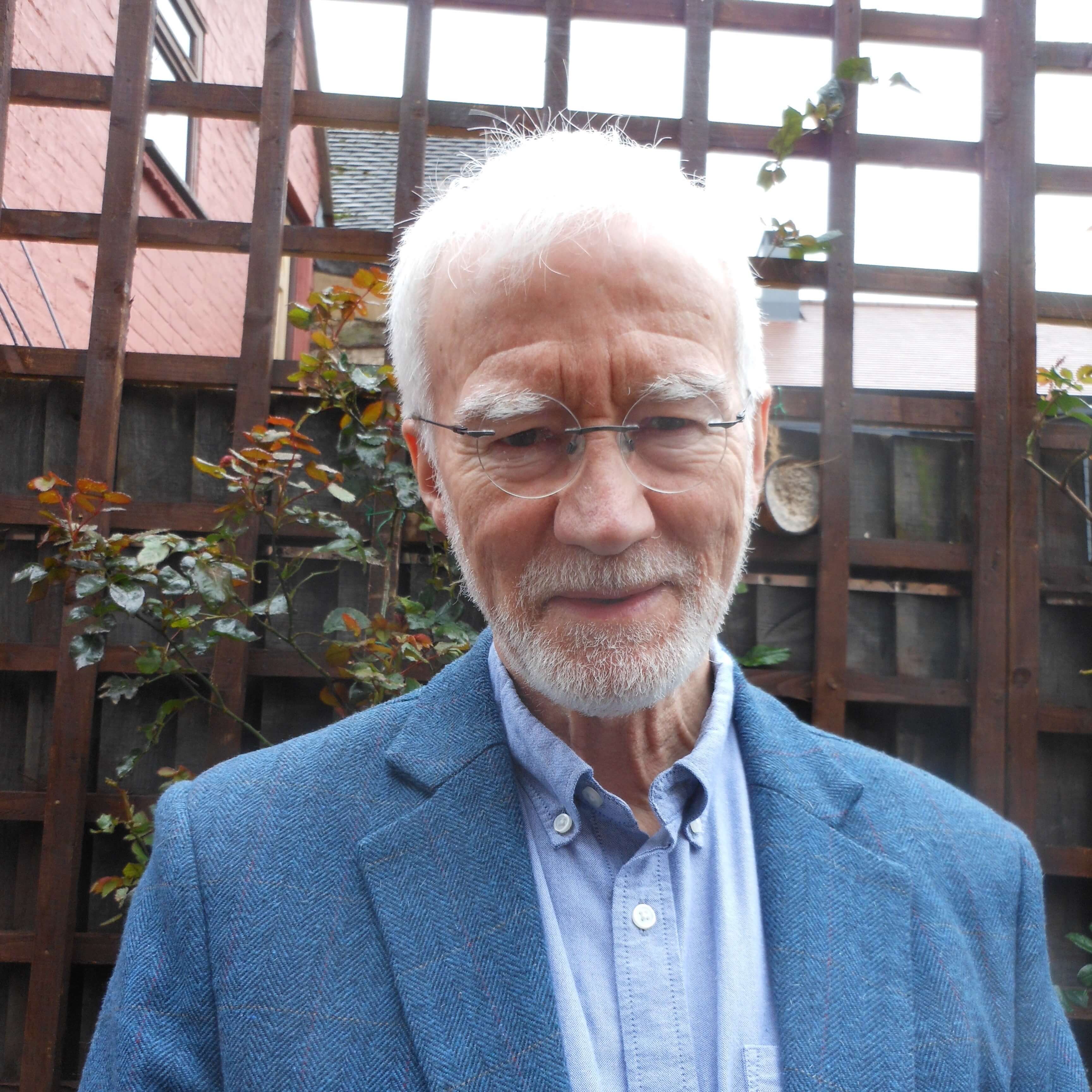
Dr Phil Mollon
On this course, Dr Phil Mollon teaches on somatic processing for better emotional management, using mind and body approaches.
Phil Mollon PhD is a psychoanalyst, clinical psychologist, and energy psychotherapist – and is well-known as a writer and teacher on a range of therapeutic topics. With 45 years of clinical experience, 37 of which were spent working full time in NHS psychiatric services, he has continually searched for better ways of helping people who are troubled by trauma and emotional distress.
He found that the initial trainings he had undergone were not always adequate to the task of facilitating the processing of trauma and regulating emotional arousal. He observed that, in the case of highly traumatised people, conventional talking therapies could be destabilising and harmful. This led to an interest in EMDR and then to the mind-body approaches known as ‘energy psychology’, a field in which he has made innovative contributions by combining these with psychoanalytic perspectives. Within the purely psychoanalytic realm he has been particularly interested in the work of Heinz Kohut, which places key significance on the provision of emotional regulation during childhood and in the psychoanalytic process, through the empathic responses of others who are experienced as ‘self-objects’.
Dr Mollon is the author of 13 books on psychotherapy, on topics including trauma, dissociation, shame, narcissism, memory, EMDR, and energy psychology. He wrote the first British book on working with dissociative identity disorder (Multiple Selves, Multiple Voices), published in 1996. His most recent book is Blue Diamond Healing, which explores transpersonal and trans-dimensional aspects of energy psychotherapy. Dr Mollon is a past president of the Association for Comprehensive Energy Psychology, the main international organisation for the professional practice of the various mind-body approaches that address psyche, soma, and the subtle energy system.
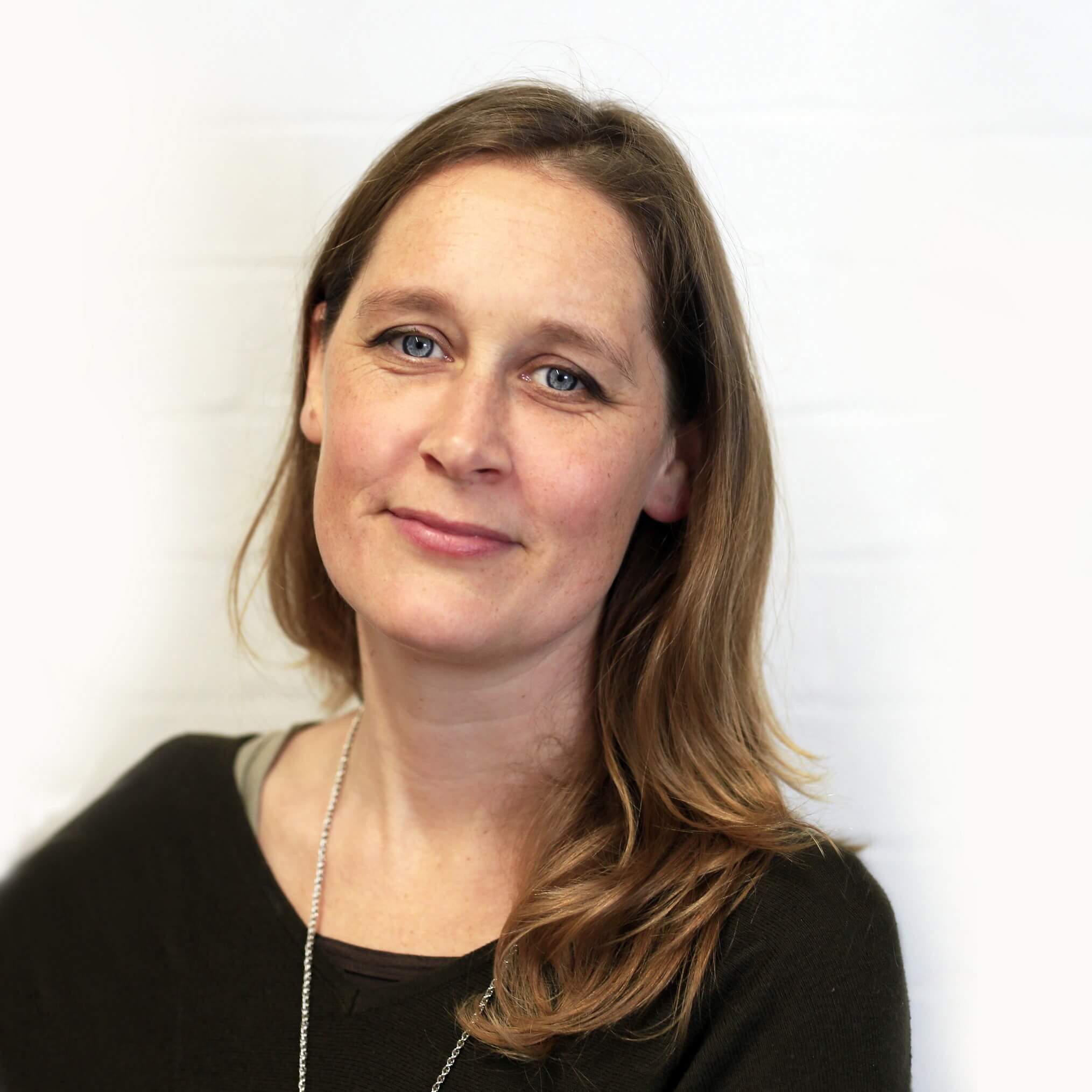
Viola Sampson BSc, Microbiome Analyst
For this training, Viola teaches on the role of nutrition and gut health in relation to wellbeing and emotional management.
As a microbiome specialist, Viola Sampson was one of the first practitioners in the UK using cutting-edge stool testing to provide guidance on foods, prebiotics and probiotics tailored to an individual’s unique profile of gut bacteria. Alongside private practice, for a number of years Viola has enjoyed teaching hands-on fermentation workshops and seminars on the microbiome for healthcare practitioners, as well as working with chefs to integrate the principles of microbiome health into their menus.
Her background includes an early career as a published medical research scientist, before training in a body-centred healthcare modality known as craniosacral therapy. Over 15 years in craniosacral practice, Viola specialised in working with chronic illness, trauma recovery and digestive health, and she now brings that knowledge and experience to the Microbiome Analysis practice that has become her primary focus.
A personal journey of lifelong gut issues and more than a decade of chronic illness (ME/CFS) in early adulthood first brought Viola to the fascinating, invisible world of the gut microbiome. While craniosacral therapy, and the vagus nerve stimulation it offers, was central to her recovery from ME/CFS, ongoing digestive issues left her with a highly restricted diet. Through exploring the rapidly growing body of research on the microbiome, studying and collaborating with pioneering practitioners around the world, and experimenting on her own gut microbiome, those digestive symptoms resolved. She now supports her clients to restore microbiome health and expand their diet, and she is passionate about working with clients who have chronic and complex health conditions, including autoimmune and fatigue conditions in particular.
The gut microbiome is increasingly understood to play a major role in mental health, vagus nerve function and inflammation, and the microbiome-gut-brain axis continues to be an area of special interest for Viola. As Microbiome Analyst and certified Health Coach, she applies the latest research on the role of microbiome interventions, including diet, in supporting mental health. As a food-first practitioner, she recognises our relationship with food and pleasure is key to our microbiome health and is excited to see how the growing awareness of microbiome function opens up new avenues to health and wellbeing.
Course dates in 2022 are taught over 6 days in total, 1 day per month, as a mix of 3 Fridays and 3 Saturdays:
Friday 13 May 2022
Saturday 25 June 2022
Friday 8 July 2022
Friday 16 September 2022
Saturday 15 October 2022
Saturday 26 November 2022
Times each day: 9:30am - 4:30pm
Fee for Spring 2022:
The Certificate fee for 2022 is £1,500 + VAT = £1,800.
The Diploma fee for 2022 is £2,000 + VAT = £2,400.
Please email info@thegrovepractice.com to register your interest, or complete the application form on this page.
After paying the deposit of £300 including VAT, the remainder of the fee can be paid by instalments as indicated on the invoice. Some reduced-fee places may be awarded depending on student circumstances, subject to availability. The course fee can also be invoiced fully or partially to an employer or funding organisation. Please contact us for details.
Application criteria
Applicants are expected to be qualified and experienced professionals in a medical or mental health or helping profession, who are established in their scope of practice. This will be covered in the application form. All applicants are expected to:
- be qualified and experienced in their field
- be full members of their professional body with a code of ethics and complaint procedure for public protection (such as but not limited to BACP, UKCP, BPS, AHPP, NCP, NCS, ACC)
- hold professional liability insurance
- have supervision arrangements in place for their client work as well as access to support for any clinical or organisation practice they undertake during the course
Professional standards

The Grove Practice is accredited by NCIP (National Council for Integrative Psychotherapists) as a CPD training centre. As such, all The Grove’s courses are awarded NCP accreditation for CPD (Continuous Professional Development).
This accreditation provides reassurance regarding high standards of teaching and course content.
The Grove’s courses have been successfully recognised as CPD for members of the following membership bodies: BACP, UKCP, COSRT, NCP, NCS, AHPP, BPS, among others. Organisations such as Relate and MIND and Place2B have also supported their therapists in taking training with The Grove. This is a mark of unofficial validation of our courses as worthy of being listed on the CPD logs for these members and organisations.
This Certificate course is taught at Level 6 equivalence. The Diploma course is taught at Level 7 equivalence. This training is a post-qualification course designed for mature professionals who are established in their way of working according to their original therapeutic training. This is a post-qualification training which requires theoretical evaluation, self-reflection, and interpretation of how to apply the models of emotional regulation in therapeutic settings such as clinical practice or multi-disciplinary teams in organisations. The designation "Level 6" is drawn from the numbered educational levels according to Ofqual's Regulated Qualification Framework operating in England, Wales, and Northern Ireland. (Scotland has its own educational levels in place.) The Grove is setting its own courses at a training level in line with industry-wide language for setting the academic level of the course.
Our guidance to anyone researching CPD courses is to ask any training provider stating a Level, to provide the Ofqual qualification number (which looks like this 601/8674/4). If the training provider cannot give this information for their course, then the course is unlikely to be allocated an official Level by Ofqual. In our view, any other course provider should state that their course is taught “at a level equivalent to Level x but is not a qualification regulated by Ofqual”. This approach is implemented by The Grove.
Testimonials from other courses The Grove has previously run...
I like the professional and teaching philosophy of the course. I can clearly see that these philosophies are mirrored in the tutors' personal values and philosophies. I also like the way that the courses are set out with access to comprehensive written materials.
My learning style is just very much one where I need input before I can offer output. The great thing I am gaining from both courses with The Grove is the confidence to try things out without fearing judgement, however, and this to me is the gift you have both given me which I will always be grateful for.
It was very well organised and delivered and I was pleased that a zoom course could be so interactive and enjoyable: practising some of the skills being taught such as presenting, giving feedback, summarising and coaching around an issue.




